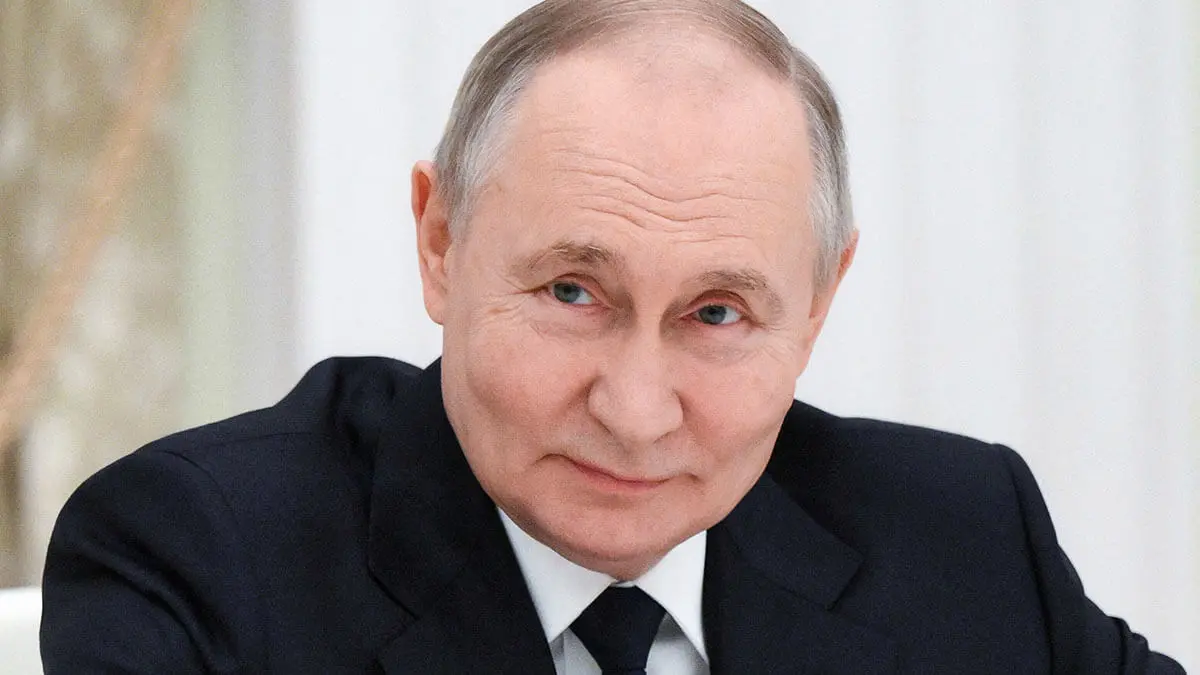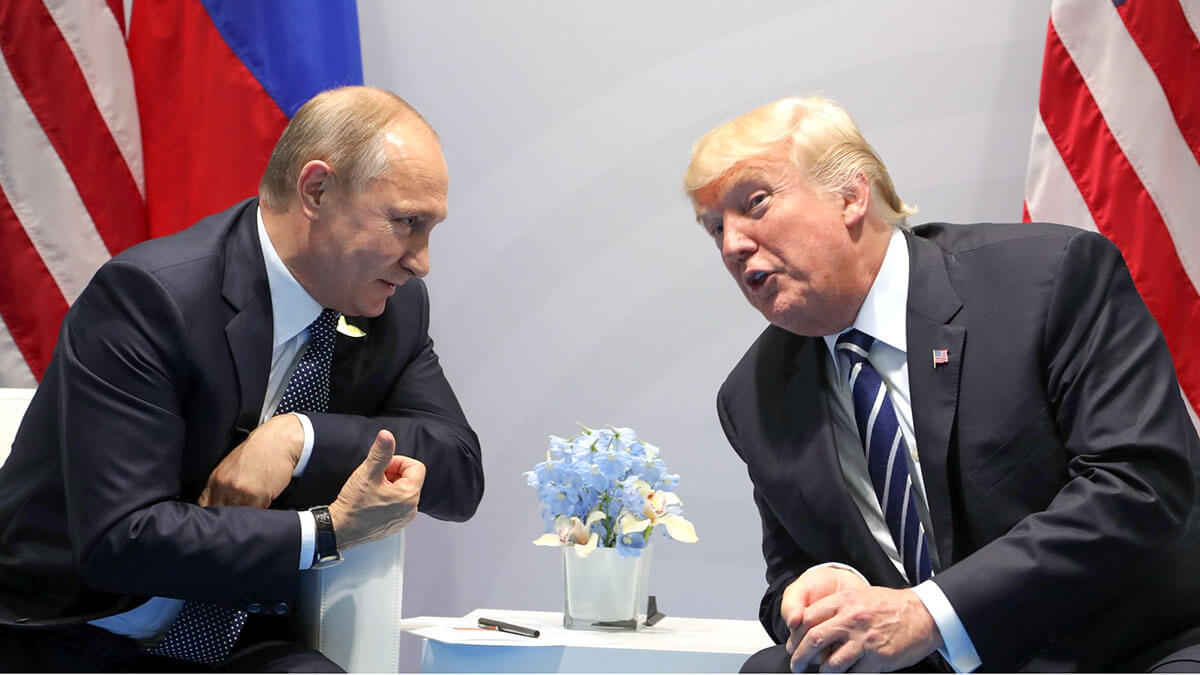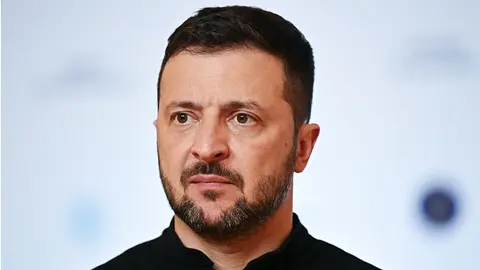Putin could meet with Zelensky under pressure from Trump

A window of hope has opened in the war in Ukraine.
After several refusals and with positions remaining unchanged in talks to end the Russian invasion of Ukraine, the Kremlin has now acknowledged that a meeting between Russian President Vladimir Putin and Ukrainian President Volodymyr Zelensky is possible in order to try to find a way out of the war.
Kremlin spokesman Dmitry Peskov has officially acknowledged that a meeting between Vladimir Putin and Volodymyr Zelensky is possible. Russia has made it a condition for this meeting that there be a prior meeting between experts appointed by both leaders to prepare for this possible summit, which Putin himself has not ruled out.
This marks a change in Moscow's stance, which had repeatedly ruled out a high-level meeting between the leaders of the two countries.

‘I would like to remind you that the president himself does not rule out the possibility of such a meeting,’ Peskov said in statements reported by state media. ‘But only after the necessary work has been done at the expert level and the appropriate distance has been bridged,’ he added.
This opening of positions comes after intense pressure from US President Donald Trump, who at the beginning of his second presidential term made it clear that he could quickly end the war in Ukraine, using the good relationship he has always had with Vladimir Putin, even during his first term as US president.
Despite this optimism, Donald Trump saw that Vladimir Putin did not give an inch on his expansionist claims in Ukrainian territory and moved on to a phase of warnings to the Russian leader to agree to a deal that would end the war in Ukraine, also promoting concessions by Volodimir Zelenski, who was under heavy pressure to move closer to the Russian enemy, including scenes reminiscent of Dante's Inferno, such as the meeting between the Ukrainian president and Donald Trump at the White House, which ended in a very tense situation and a heated speech due to the lack of understanding between the two leaders.
This Friday marks the end of Trump's ultimatum to Putin to reach a ceasefire agreement to avoid the imposition of economic sanctions on Russia. Meanwhile, it has been announced that Steve Witkoff, the US president's special envoy for foreign policy, will travel to Moscow to try to persuade Putin to immediately agree to a ceasefire before Friday 8 August, when Trump's ultimatum to avoid economic sanctions against Russia expires.

The situation is becoming increasingly tense, with contacts at the highest level to avoid a more dangerous scenario if the Russian invasion of Ukraine continues. In fact, Russia carried out joint naval manoeuvres with China, one of its main partners, in the Sea of Japan, as part of the ‘no limits’ strategic partnership declared at the time by Vladimir Putin himself and Chinese President Xi Jinping in response to the deployment of nuclear submarines ordered by Donald Trump in the face of threats of nuclear war by the former Russian president and Putin's former right-hand man, Dimitri Medvedev.
Until now, despite Zelensky's proposals, Russia had rejected a personal meeting between the two presidents, arguing that it would only be viable if the meeting served to confirm that Russia had achieved its military objectives in Ukraine and that the war would end.
The Russian invasion of Ukraine has now been going on for almost three and a half years since it began in February 2022. It started with Russia's attempt to annex various territories within Ukrainian territory that are included as part of the Russian Federation by virtue of an alleged historical claim referred to by Putin himself. The territories claimed by Russia are areas of Donetsk, Luhansk, Kherson and Zaporizhia, in addition to the Crimean peninsula, which was annexed in 2014.










